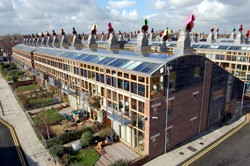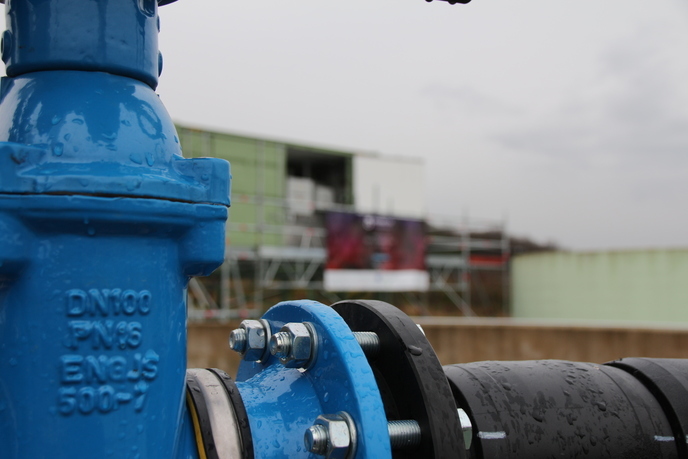Management of city power usage
Cities cover only 2 % of the Earth’s surface, yet produce more than 80 % of greenhouse emissions. Integrated reduction and management of city-scale energy consumption will be a key aspect of reducing global CO2 pollution. The EU-funded AMBASSADOR(opens in new window) (Autonomous management system developed for building and district levels) project developed a system to optimally manage energy consumption. The system was designed to control both heating and electricity consumption for individual buildings, related groups of buildings and entire city districts. The system works by managing energy flows and also by predicting and mastering energy consumption and production. It was intended that individual businesses be able to prioritise reduction of costs, CO2 emissions, or various other options and combinations. Key to the system is the District Energy Management and Information System (DEMIS). The unit receives information from and interacts with other control systems to optimise costs and energy consumption. After planning the initial architecture and setting objectives, the team implemented a prototype system at three demonstration sites. Using tools developed within the project, researchers simulated and tested various simple and complex models. The team developed algorithms that enable predictive control of buildings or a district. Testing showed that energy can be optimised within a district. Campuses were successfully managed using centralised controllers, whereas the team used distributed optimisation to control districts containing multiple organisations. For the latter method, researchers tested primal and dual decomposition. Results indicated substantial savings at the district level. At the building level, savings ranged from 10 to 40 %, with an average of 28 %. The team’s algorithms for district heating yielded a 20 % reduction in gas consumption. Similarly, the project’s algorithms lowered costs in multiple-organisation districts by between 10 and 20 %. The system also demonstrated an ability to maximise self-consumption of local renewable energy while limiting peak consumption. Researchers demonstrated the system’s ability to define an optimal charging schedule for an electric vehicle fleet. The team furthermore detailed recommendations to help implement the future deployment of smart districts. As a result, the project’s optimisation technologies will help reduce costs and CO2 emissions.





